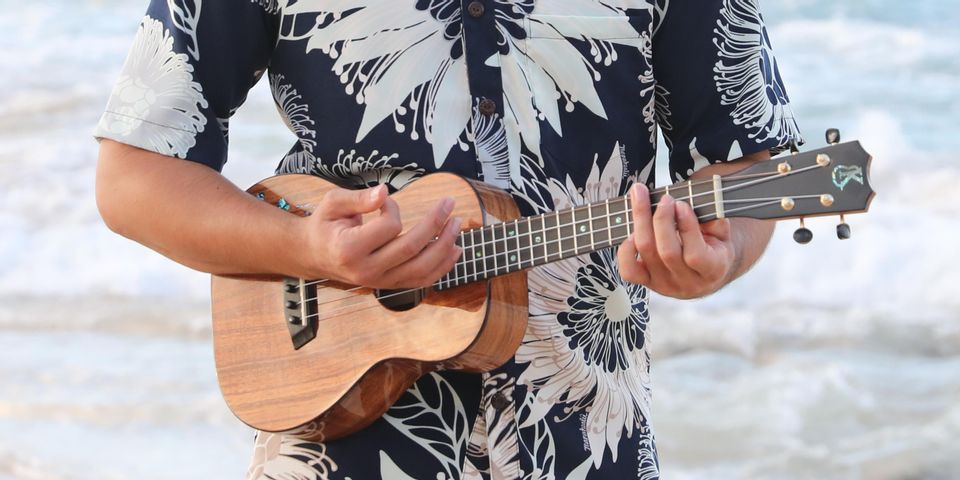
Ukuleles are stringed instruments steeped in Hawaiian culture. The guitar-like apparatus was adapted from the Portuguese instrument, and reached American audiences in the 20th century. Many non-Hawaiians have popularized ukes in different musical genres, including Taylor Swift and John Lennon. If you’re interested in conjuring tropical music, familiarize yourself with the instrument’s four sizes, so you know which to choose.
A Guide to Ukuleles
1. Standard
The familiar sounds most people know come from the soprano uke. It produces light tones with less projection and resonance. These instruments undergo standard tuning of G/C/E/A like concert and tenor ukes, so learning to play the standard model means you can play the others. They’re the smallest and lightest ukulele, making them ideal for traveling.
2. Concert
 A concert uke is about an inch larger than a soprano, making it easier to play for people with larger hands and fingers. There are more strips of metal, or frets, going down the neck of the instrument. The additional space allows players to produce louder and higher notes with warmer tones in the mid-range.
A concert uke is about an inch larger than a soprano, making it easier to play for people with larger hands and fingers. There are more strips of metal, or frets, going down the neck of the instrument. The additional space allows players to produce louder and higher notes with warmer tones in the mid-range.
3. Tenor
Modern musicians have gravitated toward the tenor uke. The larger instrument produces fuller and deeper sounds that are closer to a classical guitar, along with access to higher notes on the fret board. More space between frets makes them ideal for players who prefer fingerpicking.
4. Baritone
As the biggest uke, this size can generate the deepest tones of its variety. It’s around three inches longer than the tenor and features the widest fret spacing of any uke. The tuning is more guitar-like, and the pitch produces a full sound that suits blues players. Seasoned musicians who are familiar with guitars will find the non-standard tuning comparable to the four highest guitar strings.
If you’d like to get your hands on one of these instruments, head to Kanile'a Ukulele in Kaneohe, HI. This local manufacturer has crafted high-quality ukes for musicians around the world for over 20 years. Their team also offers everything you’ll need to get started, including a carrying case, spare strings, and picks. Shop their selection online, or call (808) 234-2868 to ask about creating a custom instrument.
About the Business
Have a question? Ask the experts!
Send your question

